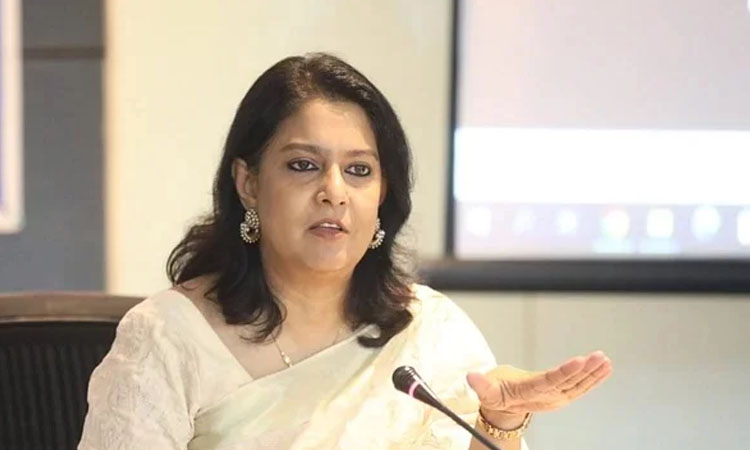News Flash

DHAKA, March 24, 2025 (BSS) - Environment, Forest and Climate Change Adviser Syeda Rizwana Hasan today said Bangladesh must urgently reform its waste management system to address environmental challenges and reduce methane emissions.
She made the remarks while addressing an online workshop as the chief guest joining virtually from Chattogram.
The online consultation workshop on ‘Revisiting Bangladesh’s NDC 2021: Integrating Decentralized Waste Management and Methane Mitigation Strategies’ was organised by the Environment and Social Development Organization (ESDO).
In her address, Rizwana highlighted the country's inefficient waste management practices, saying that despite pilot initiatives, large-scale segregation remains absent.
"We have not been managing our waste very efficiently. It is hardly structured. While there are some pilot projects, at the national level, we do not practice segregation," she stated.
The environment adviser announced plans to collaborate with city corporations and local government agencies to initiate waste segregation programmes in identified areas.
"On this World Environment Day, I plan to work with local authorities to launch a segregation programme. Our major urban landfills are designated, but they are neither environmentally certified nor well-managed. This is a serious concern," she said.
Rizwana warned that unregulated waste disposal, particularly outside the capital, has led to environmental degradation.
She recounted a recent discussion with a local government agency, urging them to stop waste dumping near a national park.
"This shows how bad the situation is. It is high time - we focused on fundamental waste management reforms," she said.
Addressing the risks posed by landfill fires, the adviser acknowledged the growing interest in waste-to-energy projects but cautioned against over-reliance on incineration.
"Our waste has high moisture content, making incineration less feasible. We need site-specific solutions to address landfill issues like those in Amin Bazar and Matuail," she noted.
Rizwana reaffirmed Bangladesh’s commitment to integrating waste management into its Nationally Determined Contributions (NDCs) to reduce emissions.
"Segregation is a key, and we must resist quick-fix solutions that appear magical but are not sustainable," she added.
Eminent water expert Professor Dr Ainun Nishat, Director General of the Department of Environment (DoE) Dr Kamruzzaman, ESDO President Syed Marghub Murshed and ESDO Executive Director Siddika Sultana also joined the workshop, among others.